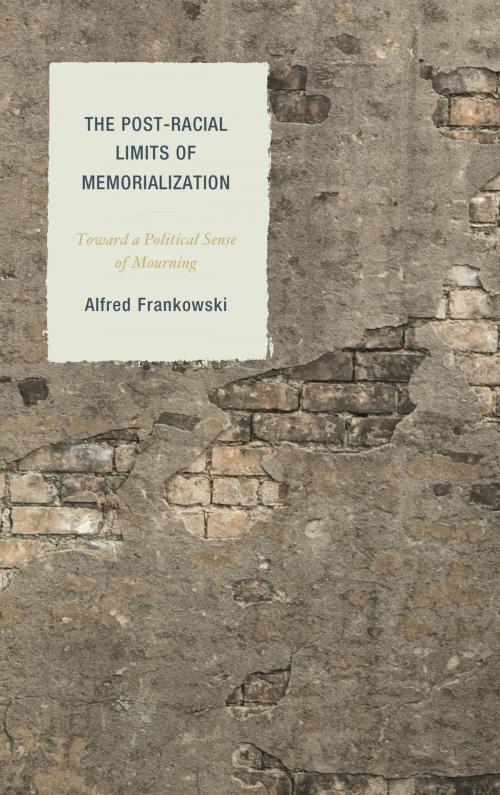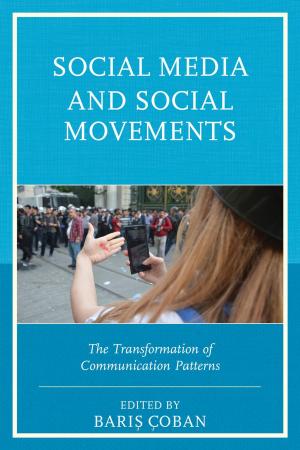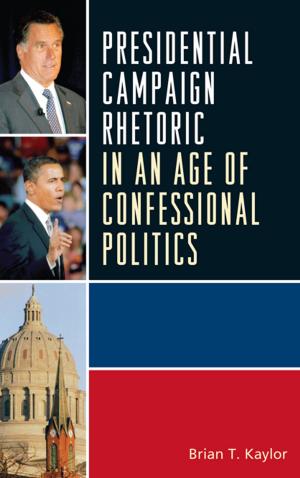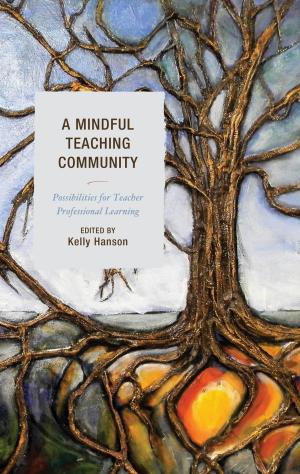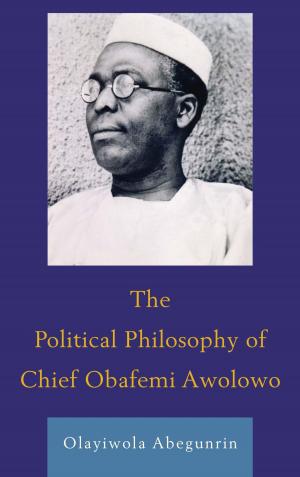The Post-Racial Limits of Memorialization
Toward a Political Sense of Mourning
Nonfiction, Social & Cultural Studies, Social Science, Discrimination & Race Relations| Author: | Alfred Frankowski | ISBN: | 9781498502771 |
| Publisher: | Lexington Books | Publication: | November 9, 2015 |
| Imprint: | Lexington Books | Language: | English |
| Author: | Alfred Frankowski |
| ISBN: | 9781498502771 |
| Publisher: | Lexington Books |
| Publication: | November 9, 2015 |
| Imprint: | Lexington Books |
| Language: | English |
The Post-Racial Limits of Memorialization: Toward a Political Sense of Mourning attempts to show how post-racial discourse, in general, and post-racial memory, specifically, operates as a context through which the memorialization of anti-black violence and the production of new forms of this violence are connected. Alfred Frankowski argues that aside from being symbolically meaningful, the post-racial context requires that memorialization of anti-black violence in the past produces memory as a type of forgetting. By challenging many of tenants of the critical turn in political philosophy and aesthetics, he argues against a politics of reconciliation and for a political sense of mourning that amplifies the universality of violence embedded in our contemporary sensibility. He argues for a sense of mourning that requires that we deepen our understanding of how remembrance and resistance to oppression remain linked and necessitates a fluid and active reconfiguration relative to the context in which this oppression exists.
The Post-Racial Limits of Memorialization: Toward a Political Sense of Mourning attempts to show how post-racial discourse, in general, and post-racial memory, specifically, operates as a context through which the memorialization of anti-black violence and the production of new forms of this violence are connected. Alfred Frankowski argues that aside from being symbolically meaningful, the post-racial context requires that memorialization of anti-black violence in the past produces memory as a type of forgetting. By challenging many of tenants of the critical turn in political philosophy and aesthetics, he argues against a politics of reconciliation and for a political sense of mourning that amplifies the universality of violence embedded in our contemporary sensibility. He argues for a sense of mourning that requires that we deepen our understanding of how remembrance and resistance to oppression remain linked and necessitates a fluid and active reconfiguration relative to the context in which this oppression exists.
